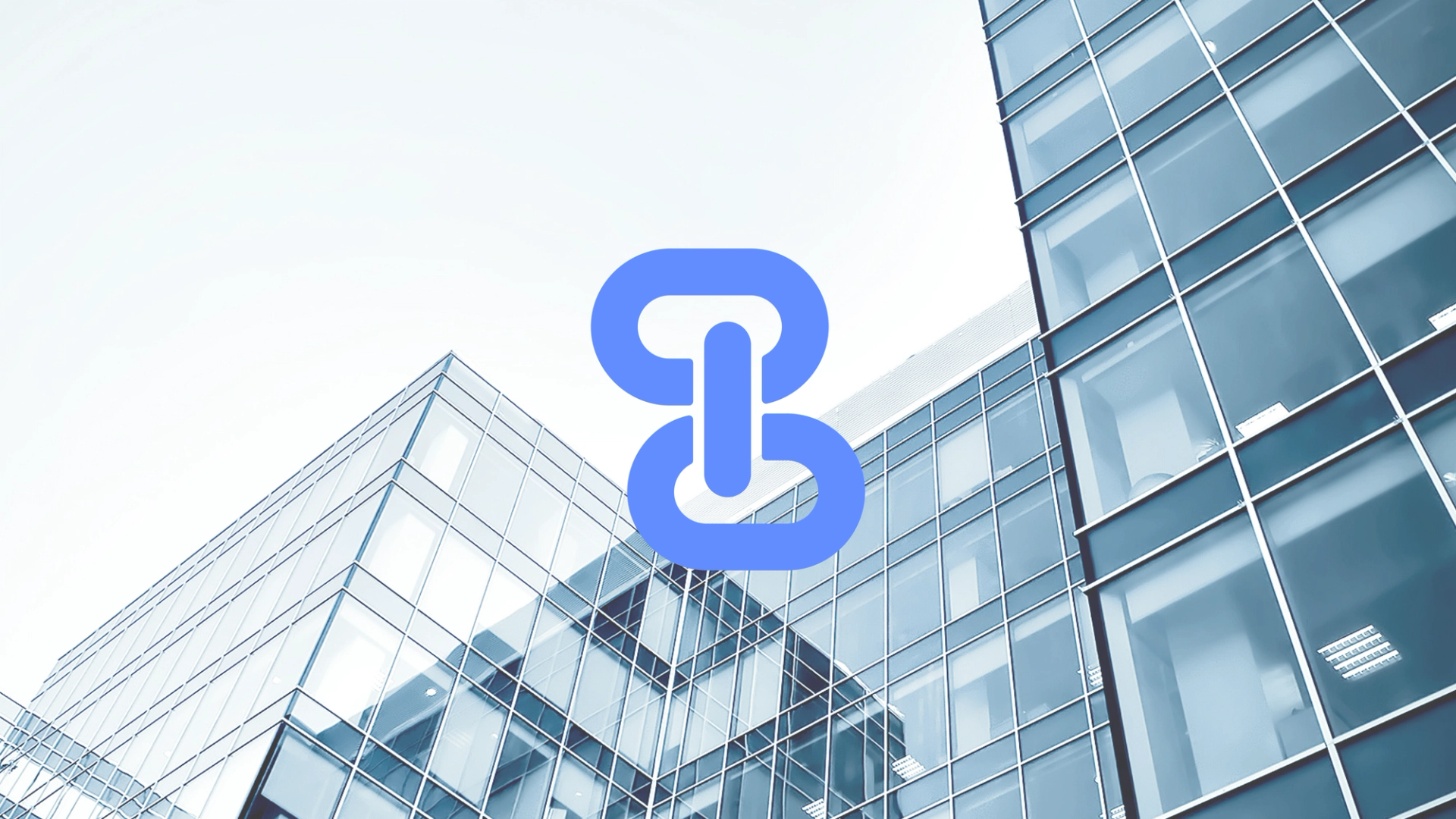🇳🇴 Bember’s TRM tool slashes carbon footprint of energy-intensive buildings

Bember delivers a Tenant Relationship Management (TRM) solution for commercial properties, reducing the carbon footprint of large buildings. “We give property owners a way to control their building’s environmental impact, which also cuts operating costs,” says Per John Thorenfeldt, CPO at
The EU has a bold vision to achieve climate-neutral buildings by 2050. This is a tall order, as today the operation of buildings accounts for 30 per cent of global energy consumption and 26 per cent of global energy emissions. But not all buildings are equal in this regard.
“The largest 5 per cent of buildings account for 20 per cent of the built environment’s carbon footprint. Large commercial buildings, such as supermarkets, are a good place to start if we are going to reach the Paris climate targets,” explains Thorenfeldt.
Cloud-based platform streamlines energy management in buildings
Bember’s Tenant Relationship Management (TRM) solution joins together all energy-related building systems in one cloud-based platform. The solution is system agnostic, making it available to all commercial buildings regardless of the existing software and hardware in use.
“Our software allows the building systems to talk to each other. Some systems date as far back as the 1970s. By connecting the separate data silos, we optimise facilities management, including energy consumption,” states Thorenfeldt.
Bember’s initial focus is grocery stores and supermarkets, the most energy-intensive buildings there are. “We are targeting the area that pollutes the most,” he adds, noting that these buildings have energy consumers like large freezers, refrigerated rooms and sidewalk de-icing systems often not found in other buildings.
In addition, grocery stores are now competing to provide the best EV charging experience to attract customers.
The solution comprises Bember’s Software-as-a-Service and the Bember Connector Box, which is manufactured by Siemens, the world’s largest automation company.
Bember boosts energy efficiency in grocery stores
The solution gives property owners and tenants control across existing technology silos, lowering energy costs, consumption and environmental impact.
“Grocery outlets and supermarkets are normally very energy inefficient, with high maintenance costs, manual data collection and reporting, and complicated multi-site benchmarking,” explains Thorenfeldt.
In contrast, the TRM tool gives users an easy, transparent overview of their building’s system. This enables them to take early corrective action, such as adjusting the temperature of refrigeration cases. It also accelerates cost reporting and promotes sustainability.
“Our solution is different because we don’t work within silos; we design with the end-users in mind. We focus on their needs and gain access to any silos needed. Our technology enables the impacts,” he adds.
Bember partners with Siemens
Building owners are increasingly recognising the need to lower their operating costs through energy-efficiency measures. Governments are applying pressure as are regulations such as the EU’s Energy Performance of Buildings Directive.
Bember is growing and internationalising quickly in this market, due in part to its partnership with Siemens. “With our global presence, established distribution channels and wide network of partners, Siemens wants to enable Bember for international growth,” states Ole Bakketun, Head of Building Products Nordic at Siemens.
Bember plans with Siemens to enter the DACH countries of Austria, Germany and Switzerland first, as they are Siemens’ home markets. Soon after, they will be ready to deliver to North America.
Bember will be a featured partner at Siemens’ stand at Light+Building Frankfurt 2024.
Originally published on 4 March by Business Norway.
Announcements are published as a service to readers. The sender is responsible for all content.
Announcements for publication can be submitted to [email protected].</small